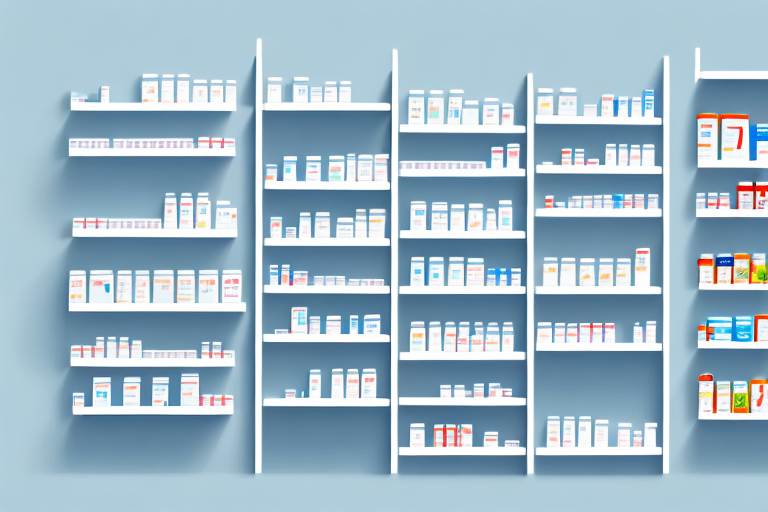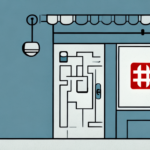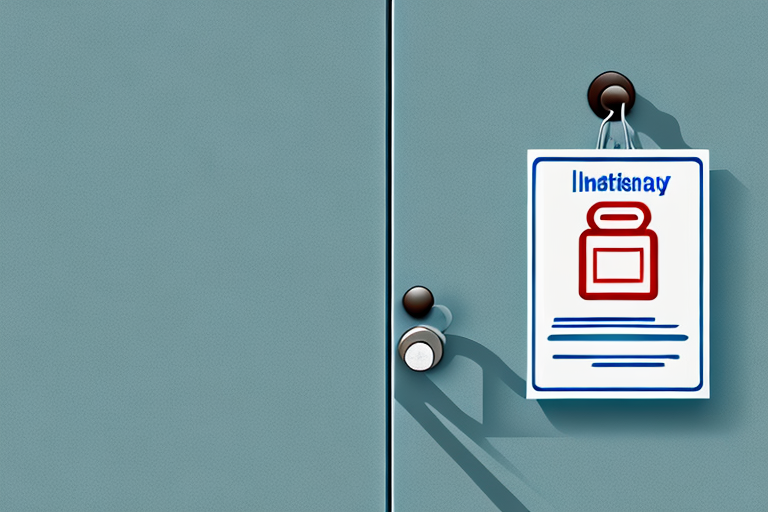Understanding Closed Door Pharmacies
A closed door pharmacy is a specialized type of pharmacy that offers pharmaceutical services and medication management exclusively to a targeted group of patients or specific healthcare institutions. Unlike retail pharmacies that serve the general public, closed door pharmacies collaborate closely with specific healthcare providers, ensuring tailored medication management services that address unique patient needs.
Operation Model
Closed door pharmacies operate in a closed setting, meaning they do not have a public walk-in storefront. Instead, they provide delivery services that allow patients to receive their medications directly at home or within their healthcare facility. This model enables the pharmacy team to focus intensely on individual patient needs, ensuring optimal medication management.
Specialization
These pharmacies often specialize in managing medications for patients with complex medical conditions such as cancer, HIV, or organ transplants. The pharmacists in closed door pharmacies are highly trained and experienced in handling these conditions, offering personalized care and working closely with healthcare providers to monitor medication efficacy and manage potential side effects.
Differences Between Closed Door and Retail Pharmacies
The primary differences between closed door and retail pharmacies lie in their operational scope and service offerings.
Service Scope
- Retail Pharmacies: Serve the general public, offering a wide range of medications including over-the-counter drugs, prescription medications, and some specialty medications.
- Closed Door Pharmacies: Cater to a specific group of patients or healthcare providers, focusing on specialized medication management and often providing medications not readily available in retail settings.
Medication Handling
While retail pharmacies dispense a broad spectrum of medications, closed door pharmacies often handle compounded medications, high-cost specialty drugs, and medications requiring special handling or storage conditions. This specialization ensures that patients receive medications that are precisely tailored to their medical needs.
Benefits of Closed Door Pharmacies
For Patients
- Convenience: Medications are delivered directly to the patient's home or healthcare facility, eliminating the need for travel.
- Personalized Service: Tailored medication management ensures that each patient's unique medical needs are met effectively.
- Improved Health Outcomes: Accurate medication dispensing and close monitoring lead to better management of health conditions.
- Enhanced Privacy: Confidential handling of medications ensures patient privacy, especially important for sensitive medical conditions.
For Healthcare Providers
- Customized Treatment Plans: Ability to provide specific medication solutions that align with individual patient needs.
- Increased Efficiency: Streamlined medication management processes allow healthcare providers to focus more on patient care.
- Centralized Billing: Simplified billing processes facilitate easier management of medication costs.
- Access to Specialized Medications: Availability of medications that may not be stocked in traditional pharmacies.
Medication Management in Closed Door Pharmacies
Closed door pharmacies excel in medication management through customized solutions and robust processes. They collaborate closely with healthcare providers to ensure accurate medication dispensing, appropriate dosing, and continuous monitoring of patient adherence and response to treatment.
Technology Integration
These pharmacies utilize advanced technology-based solutions to track medication adherence, reducing the risk of errors and enhancing patient outcomes. Tools such as electronic health records (EHR) and medication therapy management (MTM) systems allow for real-time monitoring and adjustments to treatment plans as needed.
Patient Monitoring
By implementing rigorous monitoring protocols, closed door pharmacies ensure that any potential drug interactions or side effects are promptly identified and managed. This proactive approach contributes to the overall effectiveness of treatment regimens.
Key Features of Closed Door Pharmacies
- Delivery Services: Efficient and reliable delivery of medications to designated locations.
- Specialized Medication: Provision of compounded and high-cost specialty medications tailored to patient needs.
- Expertise: Highly trained pharmacists with specialized knowledge in managing complex medical conditions.
- Technology-Based Solutions: Utilization of advanced systems for medication tracking and adherence monitoring.
Additionally, closed door pharmacies prioritize privacy and security, ensuring that patient information and medications are handled with the utmost confidentiality and safety.
Closed Door Pharmacies and Specialty Medications
Closed door pharmacies play a pivotal role in the management of specialty medications—drugs used to treat complex and chronic conditions such as multiple sclerosis, rheumatoid arthritis, and various forms of cancer. These medications often require special handling, storage, and administration, which closed door pharmacies are equipped to provide.
Benefits for Patients
- Access to Advanced Treatments: Availability of cutting-edge medications that may not be accessible through retail pharmacies.
- Comprehensive Support: Ongoing support and monitoring to ensure effective treatment and manage side effects.
- Cost Management: Assistance with insurance claims and navigating the financial aspects of expensive specialty medications.
Impact on Healthcare Costs
By ensuring proper medication management and adherence, closed door pharmacies help reduce healthcare costs associated with hospitalizations and emergency interventions resulting from medication non-compliance or adverse reactions.
Choosing the Right Closed Door Pharmacy
Considerations
- Services Offered: Ensure the pharmacy provides the specific services and medications required for your medical condition.
- Experience and Expertise: Look for pharmacies with a proven track record and specialized knowledge in your area of need.
- Reputation: Research reviews, seek recommendations, and verify credentials to ensure reliability and quality of service.
- Technology Utilization: Choose a pharmacy that leverages technology to enhance medication management and patient monitoring.
Evaluating Providers
When selecting a closed door pharmacy, it's essential to evaluate their partnerships with healthcare providers, understanding of your medical needs, and ability to provide seamless integration with your existing healthcare team.
Future Trends in Closed Door Pharmacies
Increased Adoption
As the healthcare landscape evolves, the adoption of closed door pharmacies is expected to rise, driven by the need for specialized medication management and the growing prevalence of chronic and complex medical conditions.
Expansion of Services
Closed door pharmacies are likely to expand their offerings to include telepharmacy services, providing remote consultations and monitoring to enhance accessibility and convenience for patients.
Advancements in Technology
Integration of artificial intelligence (AI) and machine learning will further enhance medication management capabilities, enabling more predictive and personalized treatment plans.
Sustainability Practices
There is an increasing emphasis on sustainable practices within closed door pharmacies, including eco-friendly packaging and sustainable sourcing of medications, aligning with broader environmental goals.
Conclusion
Closed door pharmacies offer a specialized and personalized approach to medication management, catering to the unique needs of patients and healthcare providers. With their focus on tailored pharmaceutical services, advanced technology integration, and comprehensive support for complex medical conditions, closed door pharmacies contribute significantly to improved health outcomes and efficient healthcare delivery. As the demand for specialized medication management continues to grow, closed door pharmacies are poised to play an increasingly vital role in the future of healthcare.




















